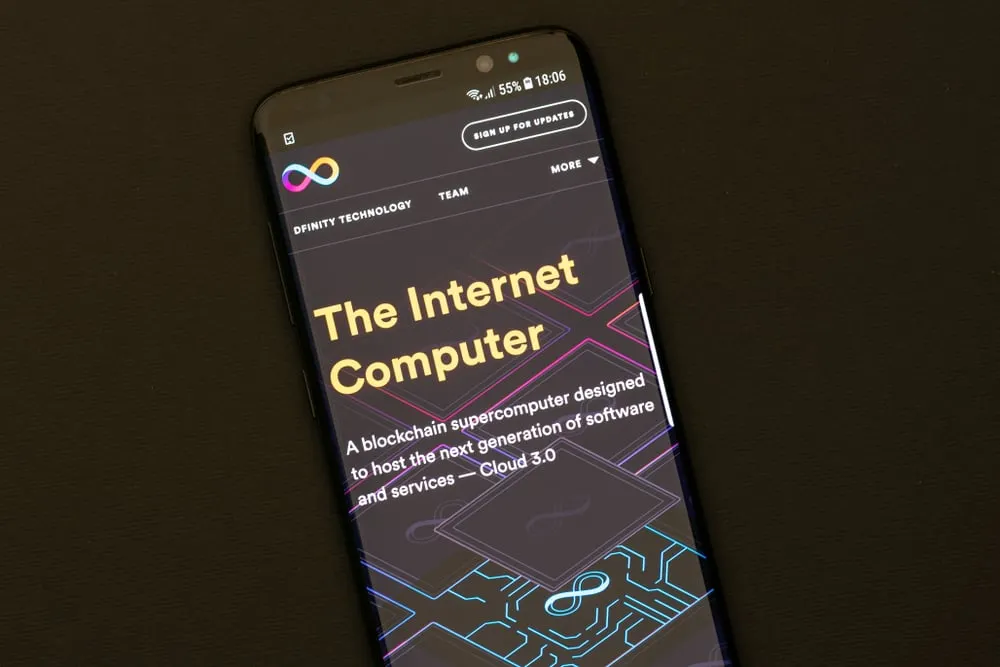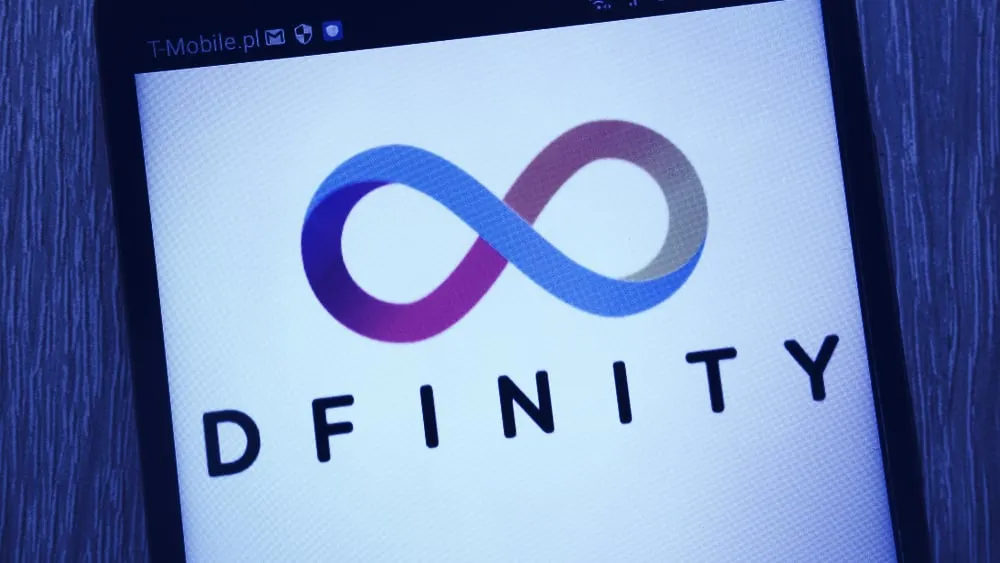Dfinity, a blockchain startup that aims to “open up” the Internet via decentralized technologies, has presented a live demo of the “bronze” (supposedly akin to beta) version of its cloud computer at the World Economic Forum 2020 in Davos. The test application, dubbed “LinkedUp,” was used to demonstrate what major social networks (an obvious nod toward Microsoft’s LinkedIn) could become if they were open-source platforms not owned by any mega-corporation.
As Decrypt explained recently, Dfinity is building a secure, cost-effective and decentralized cloud computer. It will be housed in a network of machines distributed around the world and put to work running the next generation of mega-applications—decentralized versions of Uber, eBay, Facebook and more.

According to a report by Techcrunch, the software backing Dfinity’s Internet computer is currently hosted by an independent data center in Switzerland, yet the company has plans to make the network much more decentralized (thanks to the distributed architecture that Dfinity is building) after its full commercial release, expected later this year.
In Dfinity’s words, companies and developers who will be using its web applications and systems can expect that their content will be decentralized between four and an infinite number of the global network’s nodes and data centers.
“While Dfinity is not building a traditional blockchain/smart contract platform, it uses advanced cryptography in its consensus layer to ensure apps and workloads have the same security guarantees as Bitcoin or Ethereum,” a spokesperson said, adding, “But its network of independent data centers ensures the speed and scale required by corporates and entrepreneurs.”
“Ownership” of the technology, if it even can be called that, will also be decentralized thanks to the issuance of special governance tokens.
While “LinkedUp” was just a demo, we can likely expect other applications to follow the same formula—”something similar to X, but open source”—after the Internet Computer’s full release.
“Big tech has hijacked the internet and stifled innovation by owning the proprietary infrastructure and user relationships. As a result, a handful of for-profit companies have created a monopolistic and closed internet. The Internet Computer provides a means to rebuild internet services in open form,” stated Dominic Williams, Dfinity founder and chief scientist.
What's the latest on Dfinity?
— Hudson Jameson (@hudsonjameson) December 11, 2019
In August 2019, Forbes quoted Ethereum co-founder and ConsenSys CEO Joe Lubin saying that “among the candidates to move into the Ethereum space, the strongest one is probably Dfinity.” Around the same time, the startup raised $102 million in funding in a round jointly led by Andreessen Horowitz and Polychain Capital. But the project has been constantly beset by delays, having failed to launch in 2018.





